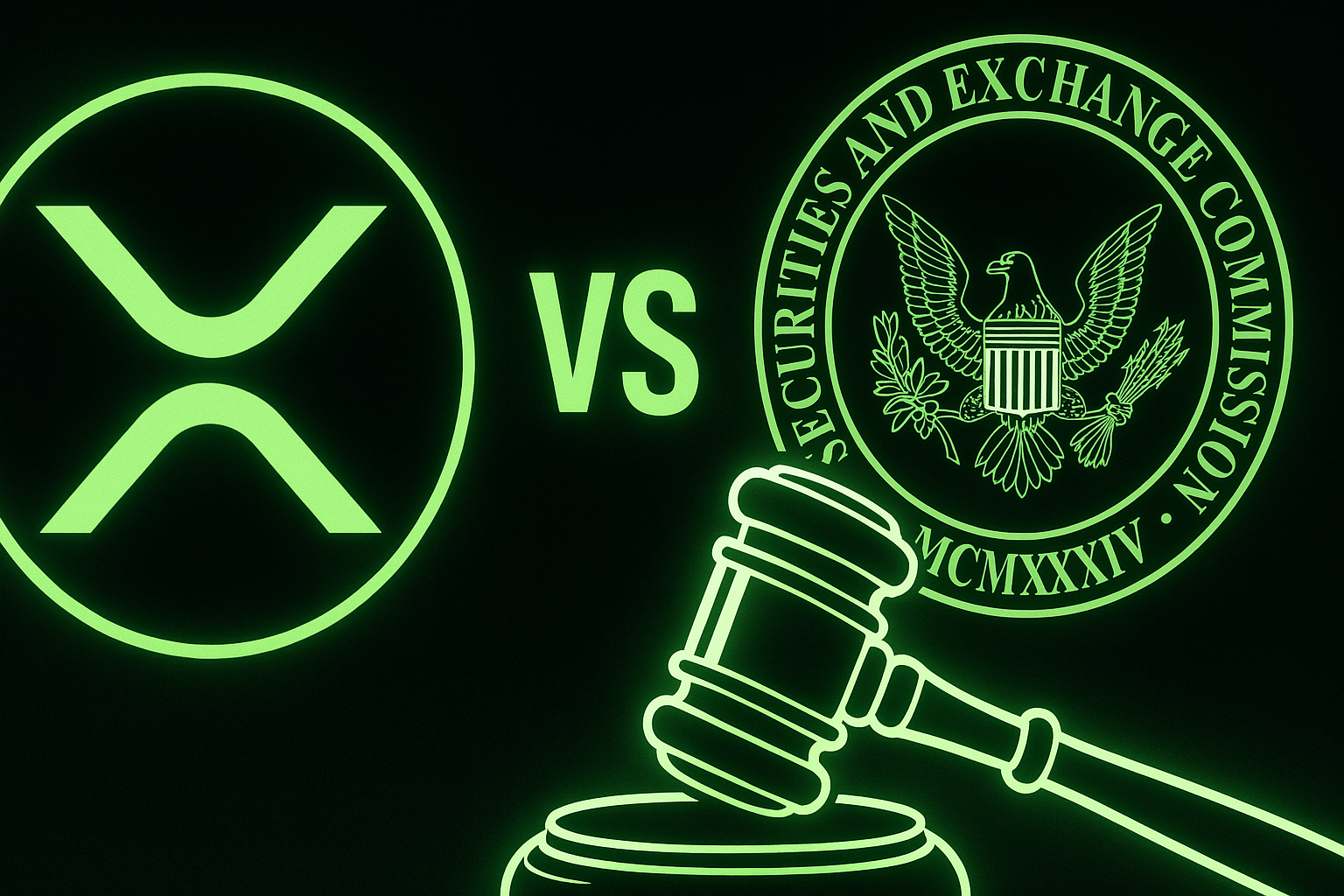Ripple Branded a ‘Bad Actor’ as XRP Lawsuit Ends Without Precedent
- Under Rule 506 of Regulation D, Ripple received a “bad actor disqualification,” barring it from offering securities to U.S. institutional investors for five years.
- Justin W. Keener, previously fined $10 million by the SEC, has submitted an emergency filing claiming to have “decisive evidence” supporting Ripple.
Although blockchain startup Ripple has emerged largely victorious in the long-fought SEC lawsuit, legal experts argue that the case’s resolution leaves critical regulatory questions unanswered. Since the lawsuit never reached a higher court, Judge Analisa Torres’ ruling—which distinguished between institutional XRP sales and exchange-based transactions—has not been established as a binding precedent.
As a result, there’s a lack of legal clarity for other crypto firms on how to structure their token offerings, and other things to weigh for the ruling, especially as the SEC shifts its regulatory approach.
Experts, including Charly Ho from Rikka (U.S.), Yuriy Brisov from Digital & Analogue Partners (Europe), and Joshua Chu, co-chair of the Hong Kong Web3 Association, weighed in on what Ripple’s legal outcome means for the industry.
Ripple Lawsuit Has No Landmark Precedence for Crypto
Speaking to a leading media outlet, legal expert Charlie Ho stated that even though the industry had hoped for greater legal clarity, both Ripple and the SEC opted to drop their respective appeals as part of a settlement. Thus, this case won’t offer a circuit-level precedent that could have set the base for broader regulatory guidance for other crypto firms.
On the other hand, Yuriy Brisov added that although the lawsuit resolution is a positive outcome for Ripple, it does little for the wider industry. Without a binding precedent, crypto firms remain in a legal gray area regarding compliance with U.S. securities laws.
Despite the SEC lawsuit, Ripple would still continue to face some restrictions. Under Rule 506 of Regulation D, the blockchain firm was handed a “bad actor disqualification” which prevents it from offering securities to US institutional investors for the next five years.
Brisov explained that this restriction significantly impacts Ripple’s ability to conduct private token sales with venture capital firms. While the company can still operate in other markets, its options for institutional fundraising within the U.S. remain limited. Additionally, there have also been reports that Ripple is postponing the XRP lawsuit for its IPO.
Emergency Filing Attracts Investors’ Attention as XRP Price Dips to $2
In a recent development, the high-profile battle between the US SEC and Ripple has taken an unexpected turn following an emergency filing made public on April 3. The filing, submitted by Justin W. Keener, requests permission to introduce what he claims is “decisive evidence” in support of Ripple. While the specifics remain unclear, Keener suggests the evidence pertains to physical investment contracts he has been compiling.
Keener’s involvement raises eyebrows, as he himself has been sued by the SEC for operating as an unregistered penny stock dealer. A court has previously ordered him to pay over $10 million in fines. His attempt to intervene in the Ripple case adds a new layer of complexity to an already closely watched-legal battle.
After the initial pump, the XRP price lost steam and corrected in the recent market drop, falling further to the $2.0 support level. As reported earlier, XRP is currently in a make-or-break situation, facing strong volatility amid the Trump tariff war.
Credit: Source link



 Bitcoin
Bitcoin  Ethereum
Ethereum  Tether
Tether  XRP
XRP  USDC
USDC  Solana
Solana  Dogecoin
Dogecoin  Cardano
Cardano  TRON
TRON  Lido Staked Ether
Lido Staked Ether  Wrapped Bitcoin
Wrapped Bitcoin  LEO Token
LEO Token  Toncoin
Toncoin  Chainlink
Chainlink  USDS
USDS  Stellar
Stellar  Wrapped stETH
Wrapped stETH  Avalanche
Avalanche  Sui
Sui  Shiba Inu
Shiba Inu  Hedera
Hedera  Litecoin
Litecoin  Polkadot
Polkadot  MANTRA
MANTRA  Bitcoin Cash
Bitcoin Cash  Bitget Token
Bitget Token  Ethena USDe
Ethena USDe  Binance Bridged USDT (BNB Smart Chain)
Binance Bridged USDT (BNB Smart Chain)  WETH
WETH  Wrapped eETH
Wrapped eETH  WhiteBIT Coin
WhiteBIT Coin  Monero
Monero  Hyperliquid
Hyperliquid  Pi Network
Pi Network  Uniswap
Uniswap  Dai
Dai  sUSDS
sUSDS  Pepe
Pepe  NEAR Protocol
NEAR Protocol  Aptos
Aptos  OKB
OKB  Coinbase Wrapped BTC
Coinbase Wrapped BTC  Gate
Gate  Tokenize Xchange
Tokenize Xchange  Cronos
Cronos  Ondo
Ondo  Mantle
Mantle  Internet Computer
Internet Computer  Ethereum Classic
Ethereum Classic